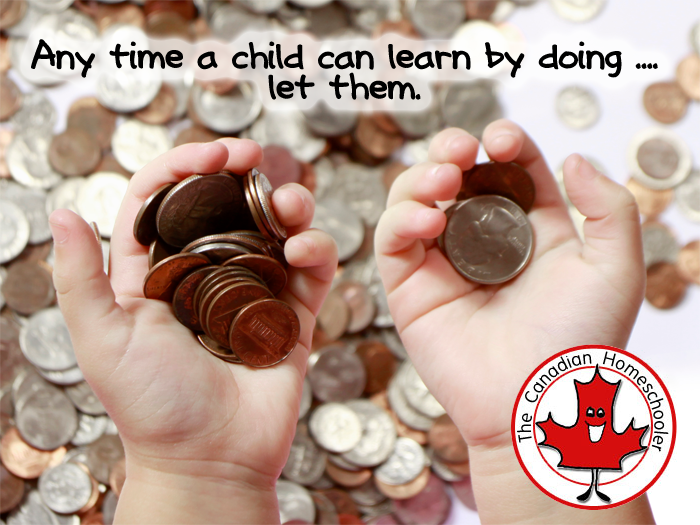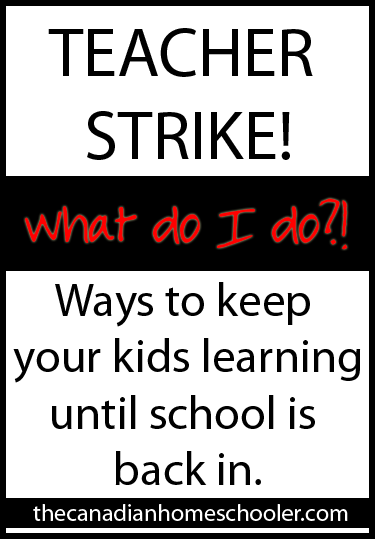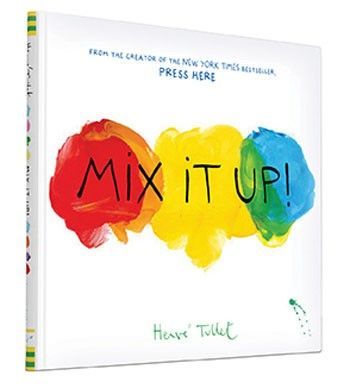Preschoolers are like sponges. They absorb so much information and learning through every day life. It can be tempting to use this time to fill up your day with workbooks and seatwork – but don’t forget to enjoy these early days by following the wisdom of the Magic School Bus’ teacher – Ms. Frizzle. Here are some tips for successfully teaching preschoolers.
1. Give them opportunities to try.
Setting up stations, zones, or even just bins with activities and then allowing them to choose what they want to do offers preschoolers the opportunity to be independent and self-led. They will learn, and be eager to try. Be sure to change these activities regularly so they can keep your child’s interest and excitement.
2. Give them opportunities to fail.
Challenge your child. If everything is too easy, or you always provide the solution to problems, they will never know they can accomplish things. Ask the questions like, “Oh, I see you made a tower of 5 blocks! How tall do you think you can make it?” If working on scissor skills, give them a zig-zag line instead of a straight one. Of course, you can be available to offer guidance, but let them try. It’s ok to fail. See if you can help them figure out how to get past their struggles and succeed.
3. Focus on the basics.
Preschoolers are eager to learn, so use that passion to your advantage and start teaching. Focus on the things that are important – especially concepts related to letters, numbers, reading, and printing. Don’t restrict yourself to workbooks and printables – think outside the box.
Make shapes out of playdough. Paint letters. Hop number values. Read as many books as possible. Play educational games online. Watch educational TV shows. Go on scavenger hunts. Take advantage of every opportunity to learn.
4. Explore the world.
Use their senses to expand learning. For example, sensory bins are amazing learning tools. Give your child a magnifying glass and head outside in the backyard. What will they find? Take trips to local parks to try new playgrounds and meet new people. Visit farms or markets. Use resources in your community to give your child unique learning opportunities – check the museums, art galleries, libraries, and cultural centres to see if the have programs you can join in on.
5. Get those hands involved.
I’m sure you’ve heard the phrase:
Give a man a fish and you feed him for a day. Teach a man to fish and you feed him for a lifetime.
Do this for your child. Any time a child can learn by doing …. let them. Get them to help you with your housework. Let them pay for purchases with real money or set up a play store and use pretend money. Encourage them to try buttons and zippers themselves. Dry erase markers work great on worksheets tucked inside a page protector so they can try tracing and fixing their mistakes. It can be hard as a parent to let them just do it without us stepping in, but when we can – they are learning how to succeed (even if they don’t do it perfectly).
The preschool years are the perfect time to learn through play and real life experiences. Taking advantage of their natural curiosity of the world around them makes teaching children in this stage so much fun. So don’t be afraid to take chances, make mistakes, and get messy. Ms. Frizzle would approve.
- Homeschool Spelling Essentials: Ways to Make it Engaging (and Canadian!) - October 4, 2024
- 10 Simple Homeschool Organization Tips For Busy Homeschoolers - September 16, 2024
- 5 Ways Homeschoolers Can Enjoy Back to School - September 10, 2024






I am interested in homeschooling secondary students. I am also a teacher.
As a teacher or as a parent?